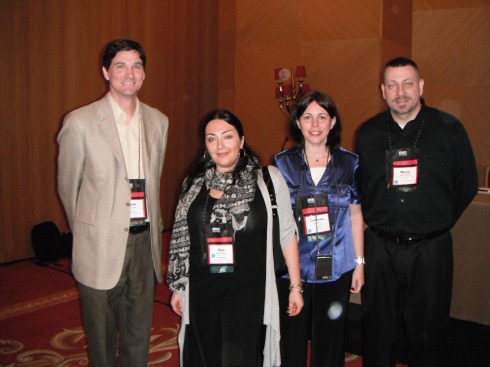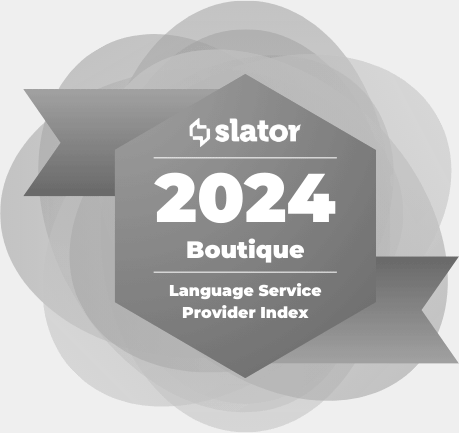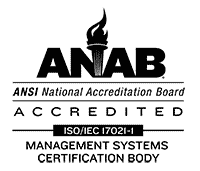The Globalization and Localization Association (GALA) puts on its third annual conference in Lisbon on March 28-30, 2011.
MT in Action: Deployment Strategies from the Experts
Panelists (from the left): Smith Yewell (Welocalize), Olga Beregovaya (PROMT Americas), Catherine Dove (PayPal), Wayne Bourland (Dell)
This panel of experts talks about ins and outs of how an enterprise-scale MT product, coupled with a skilled post-editing team and a GMS solution is used by Fortune 100 clients to help get content to market quickly and efficiently, while addressing complex production workflows and interoperability requirements.
Client perspective:
- Talk to other clients, vendors, CSA, TDA/TAUS, etc.
- Know what you are trying to accomplish before you start the conversation
- Test different vendor/technology combinations and understand the delta between each scenario and current HT output
MT post-editing – LSP view:
- Often outside our control: source quality and suitability; MT engine “raw output” quality; client quality and throughput requirements
- Within our control/influence: quality of post-edited output; capability/efficiency of post-editor
- What do we need to be able to measure: MT raw output quality; post-editing effort required; post-editing effort efficiency
Client, MT provider and LSP working together:
- Client formulates the program requirements
- MT provider and LSP help the client select the most suitable pilot project
- MT provider, LSP and client define the solution architecture
- MT provider trains the engine
- Several feedback loops with automated scores, human PE measurement, human quality assessment
- LSP calculates PE (post-editing) metrics
- MT-PE projects go live
What is the best content to be translated with MT?
- User guides and manuals
- Customer support sites and knowledge databases
- Online help
- E-Learning and training
- User-generated content (blogs, e-mails)
- Company websites
Case Study I: PayPal MT Deployment
- MT Engine: PROMT
- Post-editing: Welocalize
- 1.5 million words translated to get started (per language)
- 25K words translated weekly
- Nine language pairs and 13 locales deployment
- Content types: UI, Online help, FAQ, Error messages, Customer support, User guides
- Workflow: SDL Idiom WorldServer <> Idiom-PROMT XLIFF connector <> PROMT PTS DE server
- Post-editing environment: Idiom WorldServer Desktop Workbench
- Rationale for using MT: costs savings, decreased time to market, better quality control, helping other teams with content writing, detecting coding errors, UI design, etc.
- Planning to use MT for translation of customer e-mails
- Provides virtual style guide and dictionary
- MT performs better than human translation for variables (piped-in text)
- Next steps: migrate to hybrid MT engine, add new languages, evaluate external hosting model
Case Study II: Dell MT Deployment
- Very large corpus and good leverage (40%)
- 22 million pages at dell.com
- Right time to move beyond support content
- Need to scale cost at a fraction of the content growth
- Continue working with current preferred vendor (Welocalize)
- Use PROMT hybrid technology
- Time-to-market: 200% average productivity gain
- Translation quality rated “good”
- BLEU/Meteor scores: 200% improvement
- Dell glossary and TM prevail over baseline engine
- Not quite sure about cost savings at this point
- Use of MT training shared documents (all stakeholders involved)
- Workflow similar to Case Study I (PayPal)
- Anticipated time-to-market gains: throughput currently at 4,000 to 8,000 words per day; further MT training will lead to higher throughput
Q&A:
- Q: Comment on what did not work. A: PayPal: Unrealistic expectations about the timeline; Dell: initial lack of understanding about proper use of MT; Welocalize: could not sell the solution in the beginning to the clients and translators did not like to post-edit at first
- Q: Why do you use Idiom WorldServer? A: It’s the client’s choice
- Q: How do you pay for the services? A: Depends on what the client wants. PayPal wants everything in-house, trained their own staff and have perpetual license. Dell was initially interested in hosted solution. Unlimited use of MT, not based on volume.






